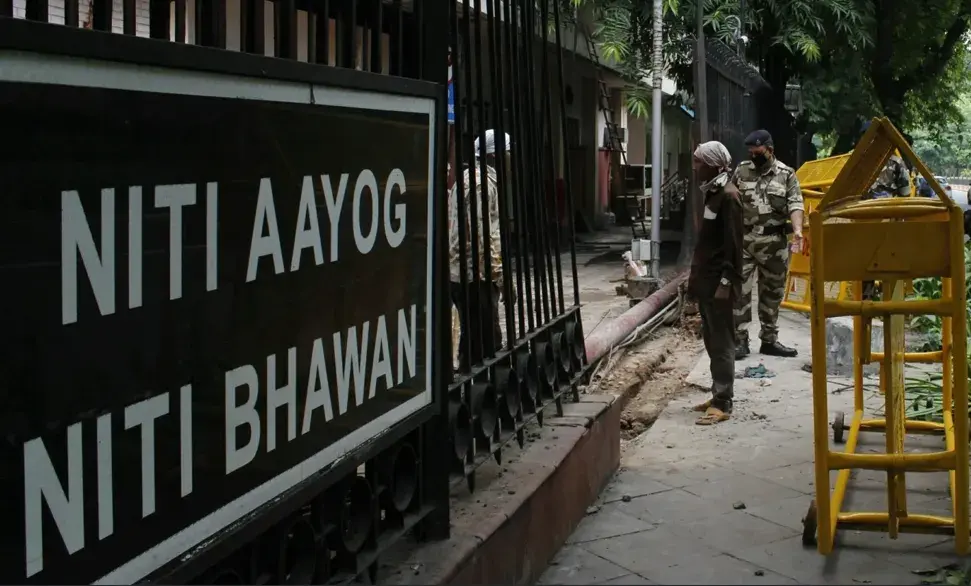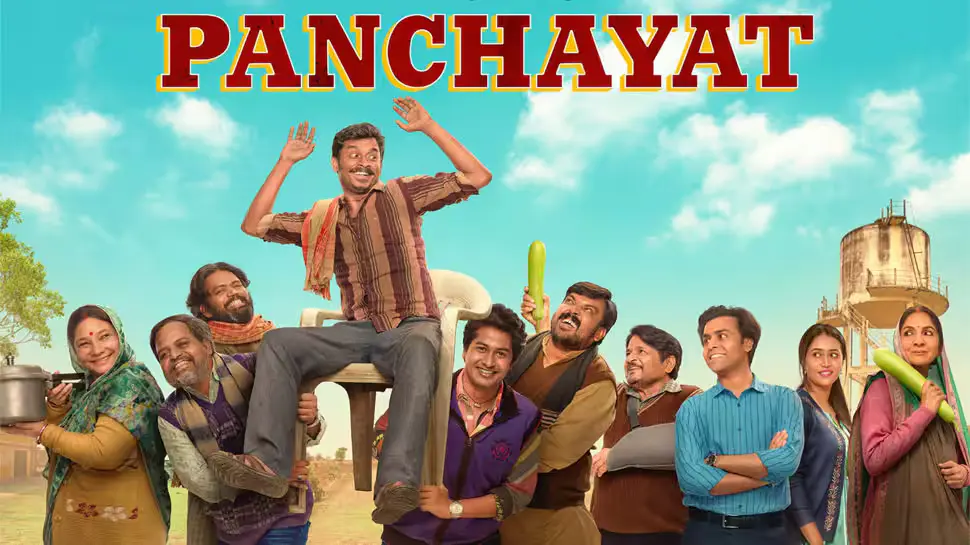The picturesque city of Dehradun, famously known as the ‘School Capital of India,’ played host to a landmark event that brought together the brightest minds and change-makers from the education ecosystem. On 11th July 2025, ArdorComm Media Group successfully organised the ‘Education Leadership Summit & Awards 2025’ in Dehradun, Uttarakhand, under the theme: “Empowering Uttarakhand in Digital Era: Expanding boundaries of Education, Skill and Employability.” This high-impact gathering was a testament to Uttarakhand’s evolving identity as an education hub, with major cities like Roorkee, Haridwar, Haldwani, Kashipur, and Pantnagar emerging as centres of academic excellence. The summit highlighted how education, alongside tourism and agriculture, is significantly contributing to the state’s economic and social development. A Day of Ideas, Inspiration & Impact The day-long summit featured over six high-energy panel sessions and welcomed more than 50 distinguished speakers, including government dignitaries, academic leaders, edtech innovators, industry experts, and entrepreneurs. It served as a dynamic platform for powerful discussions, forward-thinking insights, and collaborative strategies focused on preparing India’s education system for a digitally-driven and rapidly evolving future. The event witnessed enthusiastic participation from across the educational spectrum—ranging from K-12 schools to universities, engineering institutes to B-schools, preschools to edtech startups. In total, it brought together over 70 school education leaders, 100 higher education experts, 25 edtech and startup founders, 10 government officials, and 200+ delegates, making it a truly inclusive and impactful gathering. Support from Esteemed Government Leaders of Uttarakhand We are deeply honoured and grateful for the support and encouraging messages received from esteemed government leaders for the ArdorComm Education Leadership Summit & Awards 2025, Dehradun. The inspiring words from Shri Pushkar Singh Dhami, Hon’ble Chief Minister of Uttarakhand, and Dr. Dhan Singh Rawat, Hon’ble Minister of Education, Health & Cooperative, have added immense value to the summit’s vision. We also extend our heartfelt thanks to Dr. Ranjit Kumar Sinha, IAS, Secretary, Higher & Technical Education, Government of Uttarakhand, for his thoughtful message. The support of Shri Saurabh Bahuguna, Hon’ble Minister of Skill Development & Employment, further strengthened the summit’s focus on aligning education with employability and skill development. Their collective encouragement reflects the government’s strong commitment to transforming Uttarakhand into a digitally empowered, education-driven state. Industry Leaders and Keynote Speakers The Inaugural Session of the ArdorComm Education Leadership Summit & Awards 2025, Dehradun, set the tone for the day with the theme “Empowering Uttarakhand in the Digital Era: Expanding Boundaries of Education, Skill and Employability.” The session began with a warm welcome address by Kumar Chandan Anand, Founder, CEO & Group Editor of ArdorComm Media Group, who highlighted the summit’s vision of bridging education, technology, and employability. The event was graced by C. Ravi Shankar, IAS, Secretary, Skill Development & Employment Department, Government of Uttarakhand, as the Guest of Honour, who shared valuable insights on the state’s evolving skilling ecosystem. The session also featured engaging addresses by distinguished Guest Speakers – Dr. Sunil Rai, President, UPES, Dehradun, and Gagan Agrawal, Head – Academic Partnerships (North & Central India), IBM Career Education – both of whom emphasized the critical need for industry-academia collaboration and future-ready learning models to empower Uttarakhand’s youth in a tech-driven world. The first panel discussion, titled “Decoding NEP 2020: Driving India’s Education towards an Inclusive, Equitable, and Holistic Approach,” featured an esteemed panel of speakers including Prof. Manoj Kumar Panda, Director, Women Institute of Technology, Dehradun (Session Moderator); Dr. Prahlad Singh, Director, Shivalik College of Engineering, Dehradun; Prof. (Dr.) V. K. Banga, Director, Govind Ballabh Pant Institute of Engineering and Technology, Pauri Garhwal; Kritika Mansingh, Headmistress, The TonsBridge School, Dehradun; Dr. Nidhi Nijhawan, Founder-Director, Offspring International School, Delhi; and Lalit Rautela, Managing Director, Pioneers Academy Jaspur, Kashipur. The second panel discussion, titled “Collaboration, Creativity & Compassion: Redefining Learning in the Era of Disruption,” featured a distinguished group of education leaders including Dr. Dillip Kumar Panda, Headmaster, SelaQui International School, Dehradun (Session Moderator); Arvind Mahajan, Chairman & MD, Spring Dales English School, Kathua; Raman Koushal, Headmaster, Tula’s International School, Dehradun; Cdr Monika Pande, Principal, Doon Global School, Dehradun; Anurag Singh, Director, Samar Study Group of Schools, Kashipur; and Rekha Negi, Director & Owner, Lakshya Public School, Dehradun. The third panel discussion, titled “Smart Skills, Smarter Workforce: Educating for an AI-Powered & Tech-Driven World,” featured a dynamic lineup of speakers including Arti Dwivedi, Account Manager – North, Education & Government, Adobe (Session Moderator); Dr. Sunil Rai, President, UPES, Dehradun; Dr. D. B. Singh, Vice Chancellor, Haridwar University, Roorkee; Prof. (Dr.) Himanshu Aeran, Vice Chancellor, Ras Bihari Bose Subharti University, Dehradun; Prof. (Dr.) Shankar Ramamoorthy, Vice Chancellor, Jigyasa University, Dehradun; and Prof. Rajesh Bahuguna, Pro Vice Chancellor, Uttaranchal University, Dehradun. The fourth panel, titled “Lifelong Learning in the Digital Era: Building a Continuous Upskilling Culture,” brought together experts including Siddhartth Singh, Director, Meritto (Session Moderator); Prof. (Dr.) Satyendra Mittal, Pro Vice Chancellor, University of Patanjali, Haridwar; Prof. (Dr.) P.S. Rana, Pro Vice Chancellor, Bhagwant Global University Kotdwar, Pauri Garhwal; Prof. (Dr.) Bhagwan Nautiyal, Vice Chancellor, Smt. Manjira Devi University, Uttarkashi; Prof. Dr. Bodhisatva Acharya, Registrar, Maharaja Agrasen Himalayan Garhwal University, Pauri Garhwal; and Dr. Manmohan Gupta, Dean-Academics, Subharti University. The fifth panel, titled “Empowering Future Talent: Skills, Tech & Workforce Readiness in a Digital Age,” featured an expert group including Prof. (Dr.) Manish Shrivastav, Director, Quantum School of Business, Roorkee (Session Moderator); Prof. (Dr.) J. Kumar, Vice-Chancellor, Sardar Bhagwan Singh University, Dehradun; Bhupinder Singh Arora, Co-Founder & CEO, BFIT Group of Institutions & Guru Nanak College, Dehradun; Dr. Krishna Prakash Sharma, Vice President, B.S. Negi Mahila Pravidhik Prashikshan Sansthan, Dehradun; and Prof. (Dr.) Yograj Singh, Director, Shriram Institute of Management & Technology, Kashipur. Industry Speeches The Industry Speech titled “Changing Higher Education Landscape in India with AI and Quantum” was delivered by Gagan Agrawal, Head – Academic Partnerships (North & Central India), IBM Career Education, who shared valuable insights on how emerging technologies like artificial intelligence and quantum computing are transforming higher education in India. The second Industry Speech, titled “From Credentials to Careers, Powered by Blockchain & AI,”










